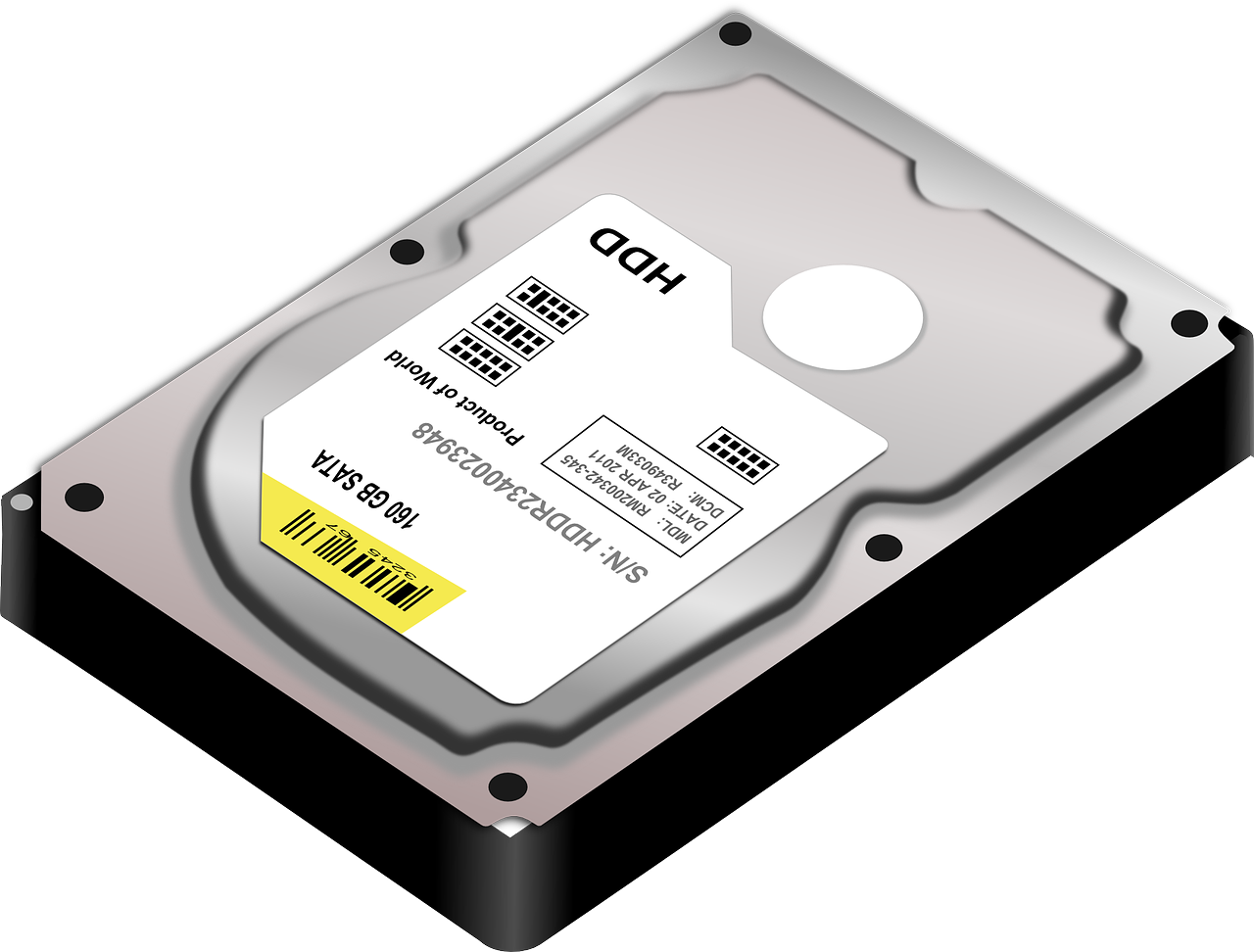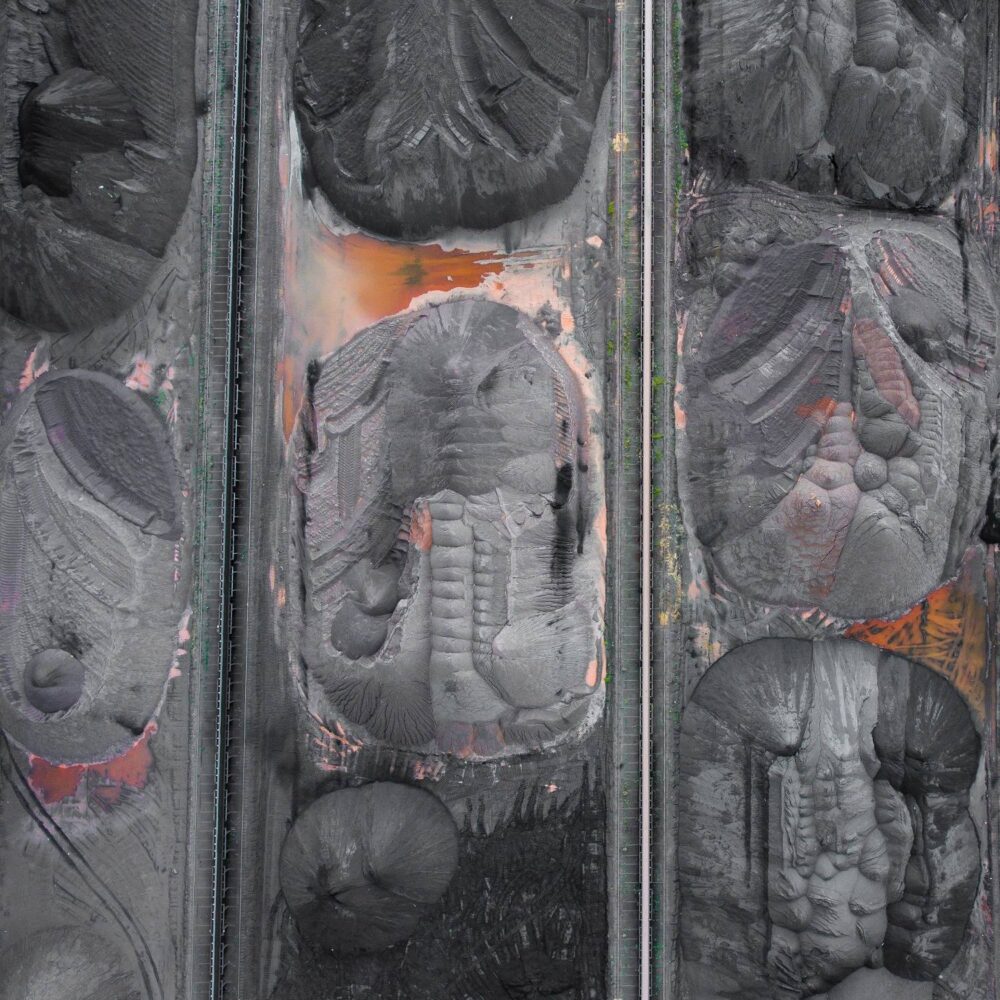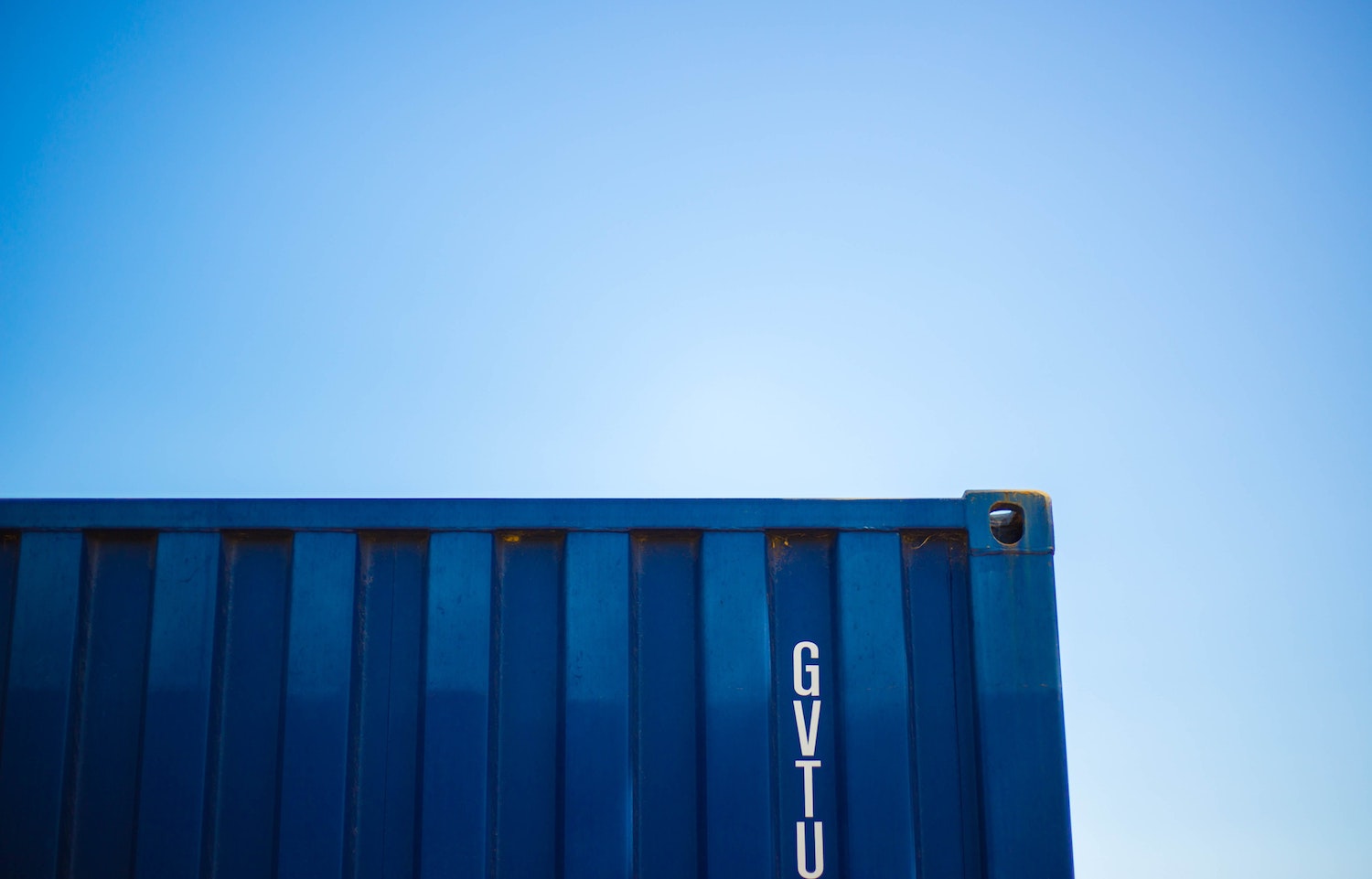
Is replacing the HDD with an SSD a good idea?
Ostania aktualizacja 30 January 2023
Is replacing the HDD with an SSD a good idea? When it comes to computer drives, we have the choice of SSD (Solid State Drive) and HDD (Hard Disc Drive). The former are often also called solid-state drives and function similarly to flash memory. they consist of numerous NAND chips, which contribute to their extremely fast data writing and reading speeds. They are much less likely to be damaged because they do not vibrate during their operation and do not have any moving parts.
For now, they remain a more expensive solution and will not necessarily be useful to us if we only need a capacious data storage device. In such a situation, buying an HDD is still a reasonable choice. They use much older magnetic data storage technology. They contain numerous moving plates, usually made of aluminum. Data is saved and read from them using specialized electromagnetic heads. They come into contact with the rotating discs and operate on similar principles as a turntable. If you are on a budget, buy a traditional hard drive.
- http://www.auditus.pl/medycyna-estetyczna/
- https://www.ceig.pl/witamina-c-jaka-najlepsza/
- https://www.rutenika.pl/jak-zapakowac-ksiazki-do-przeprowadzki/
The main advantage of SSDs – the speed of writing and reading
Computers that use SSDs take much less time to boot. Usually a few seconds is enough. Traditional hard drives are usually limited to a data transfer speed of around 50 MB / s. Of course, there are more expensive models on the market that can reach up to 120 MB / s. However, they are much louder and using them reduces the comfort of using a computer. It will take up to 25 to 60 seconds to transfer a Blu-ray movie from such a disc to another. However, in the case of SSDs, only 8 to 15 seconds is enough to perform such an operation. This is due to data transfer speeds reaching around 200 MB / s in standard models, and 550 MB / s and above in more expensive products. As you can see, the differences between the two technologies are significant. The HDD takes 3-4 times more time to boot up. For older and heavily degraded drives, this may take even longer. The method of storing files has a significant impact on the speed of their reading. SSDs need the same amount of time to access any piece of data, regardless of their physical location on the drive. They work much more efficiently than hard drives. In the latter, the time needed to access the data depends on their distance from the center of the disk.
Attractive features of SSDs
The presence of moving parts in traditional hard drives reduces their performance in many ways. Each HDD model will emit sounds related to the rotation of the platters and the movement of the arm with the read and write head. If we hit too hard or install such a drive incorrectly, this noise will quickly become very bothersome. The products with the fastest read speeds will also be the noisiest because the platters inside them spin faster. Even if we choose the quietest and relatively slow HDD, it degrades over time. This is associated not only with lower efficiency of reading and writing data, but also with increasingly stronger and more annoying sounds emitted during operation. SSDs are exceptionally quiet, and in this respect no traditional drive can match them. Since they do not have moving plates, they do not need to use electricity to drive them. High energy efficiency is one of the greatest solid-state drives. This is especially important for laptop owners, as they significantly extend their working time on a single battery charge.
HDD fragmentation problems
Traditional hard drives have significant hardware limitations. If we fill them with files and leave only a few GB of free space, fragmentation will occur. It builds up over time and gradually degrades the HDD. We will certainly feel it when using the computer, because our drive will start to work much slower. In order to make full use of free space, files are usually split into chunks. The individual parts are saved in the free sectors of the disk. This way of recording is called fragmentation. The problem is that this separation of files leads to an increase in the time needed to access them. To counteract this, defragmentation should be carried out regularly. For this we use special programs that can be found on the Internet. Modern operating systems often contain dedicated software that effectively mitigates the effects of HDD fragmentation. However, it will degrade over time. These types of problems do not occur with SSDs. Regardless of where the files or their fragments are placed, the reading speed does not change. This is due, among other things, to the lack of movable arms used by HDDs. This is one of the reasons why SSDs are a much more efficient solution for data storage.






